The Seed Fairs of Heñói
An Initiative of the Heñói Seed Network, Paraguay
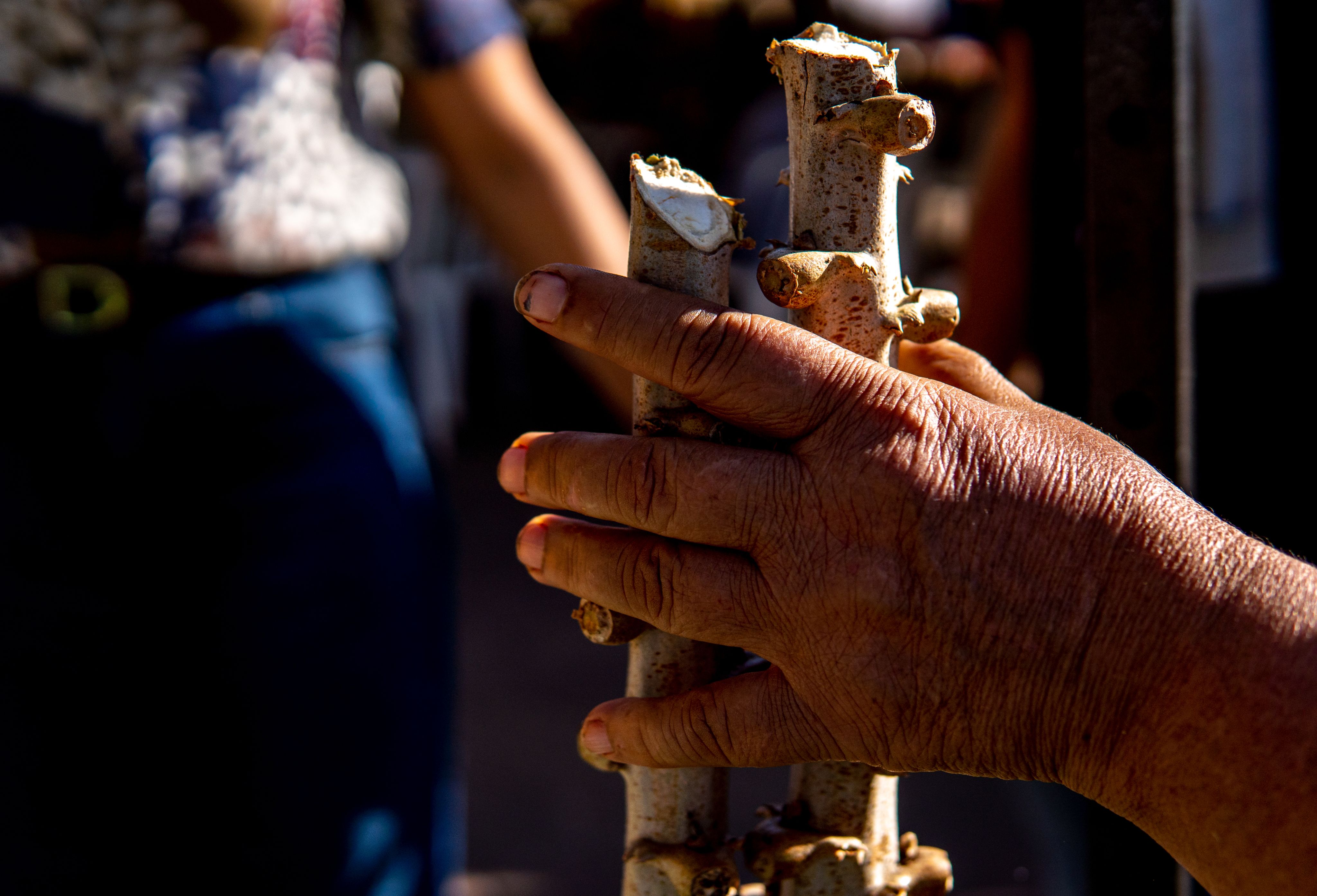
In the heart of Asunción, Paraguay, two extraordinary fairs took place in 2023 against the backdrop of a fight for food sovereignty: the ‘Heñói Jey Native and Creole Seed Fair’ and the ‘Karú Soberano Fair’, which means ‘Sovereign Eating' in the Guaraní language. They were organised under the guidance and leadership of the Heñói Seed Network.
At these fairs, seeds emerge not just as agricultural treasures but as custodians of a profound legacy.
Heñói was formed in 2010 as a collective in defence of native and traditional seeds. Years before the NGO - the Heñói Center for Studies and Promotion of Democracy, Human Rights and Socio-environmental Sustainability - was created, the collective developed training workshops and advocacy activities, and organising regional and national seed fairs.
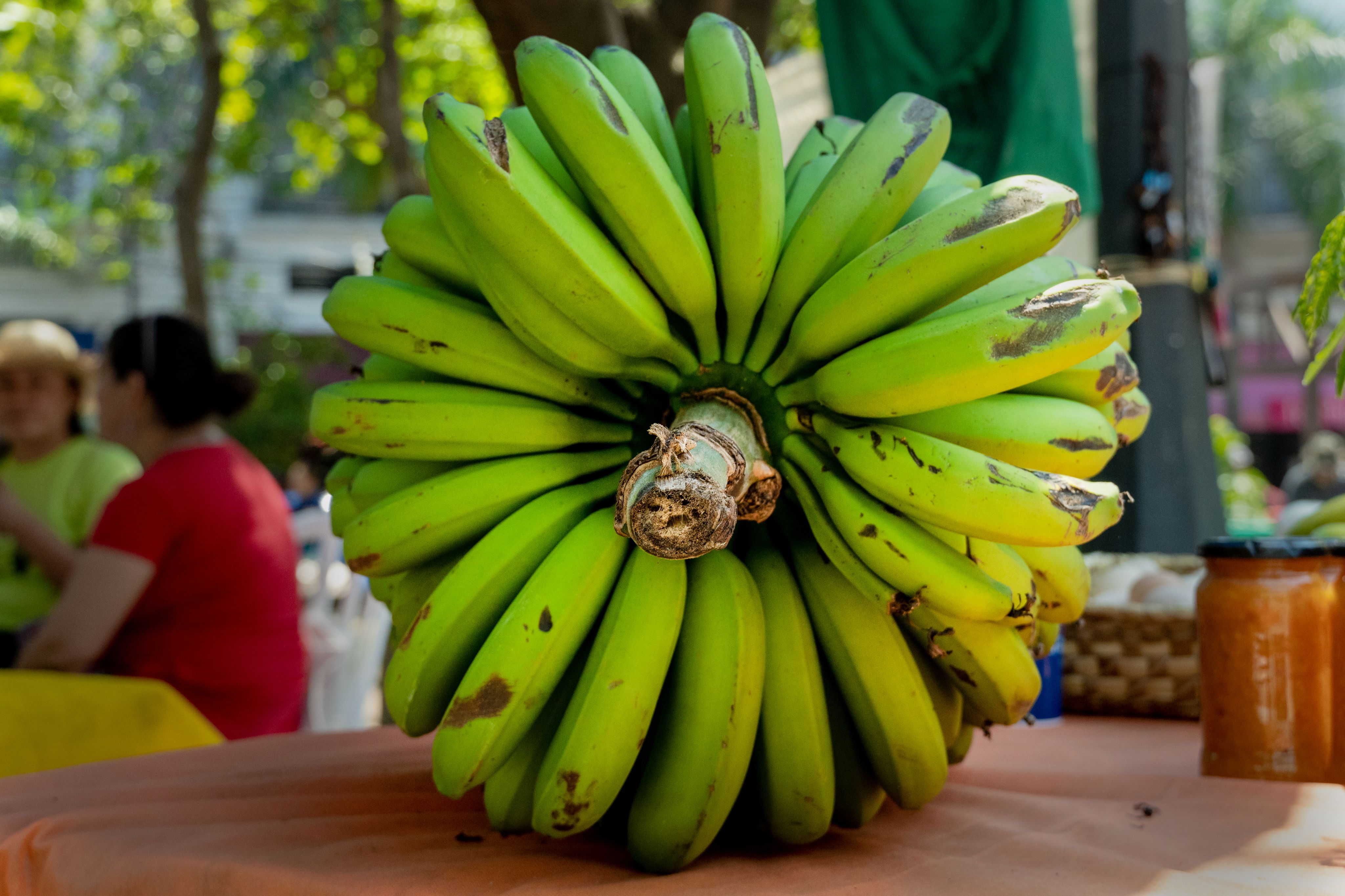
Fruits of labour: Peasant-produced bananas at the “Karu Soberano” Fair. These bananas grow free of poisons, integrated into an agroecological production system that protects health and biodiversity. Photo Courtesy: Sandino Flecha/Heñói
Fruits of labour: Peasant-produced bananas at the “Karu Soberano” Fair. These bananas grow free of poisons, integrated into an agroecological production system that protects health and biodiversity. Photo Courtesy: Sandino Flecha/Heñói
The Heñói Seed Network is a living bridge between seed protection and agroecological wisdom, weaving a narrative that transcends mere sustenance.
It binds together the traditional knowledge and lifeways of peasant and Indigenous producers. Through their rejection of the extractivist model of living, the Heñói Seed Network emerges as a torchbearer for food sovereignty, defending territories, biodiversity, and the indomitable strength of those who call these lands home.
Women play a central role in the leadership of the Heñói Network.
They are the main caretakers of seeds, who save and transmit food and health knowledge. They also embody the wisdom passed down through generations, and their work is a testament to the integral role they play in shaping the narrative of sustainable futures that unfolds in Paraguay.
As the world grapples with a worsening climate crisis, Heñói's fairs become more than cultural celebrations.
Heñói faces formidable challenges, in a global food system created by and for transnational agri-food giants, often with the tacit complicity of governments and large landowners. They emerge as beacons of hope for the care of forests and food sovereignty, a testament to the wisdom embedded in peasant and Indigenous agriculture.
The Heñói Seed Network harbours ambitions beyond its immediate borders – a vision to build awareness, fortify experiences of agroecological production, and forge vital connections between producers and urban consumers.
Ideas like these become seeds as well, certain to grow, cultivating a shared responsibility for the earth and the pursuit of a sovereign, sustainable future.
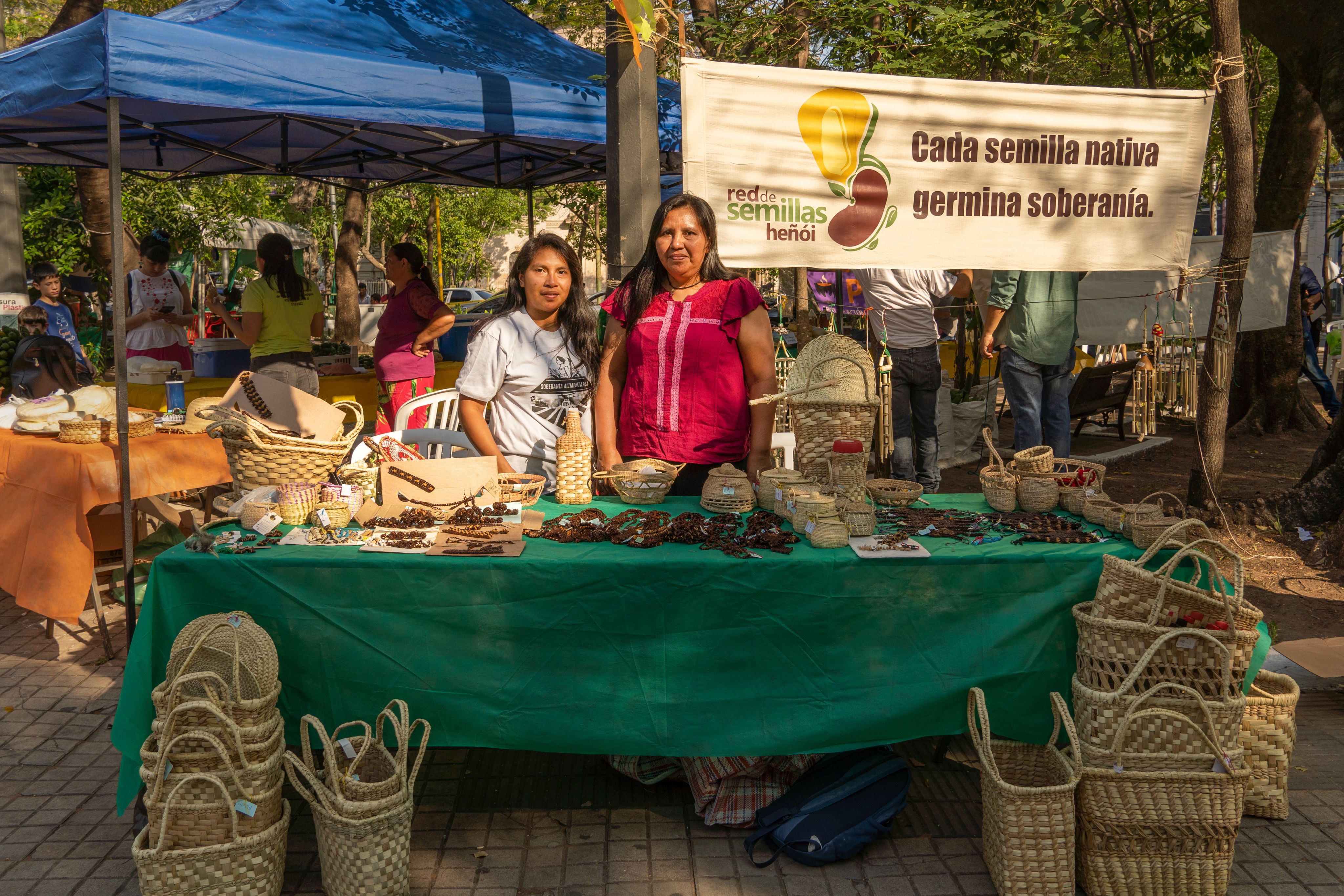
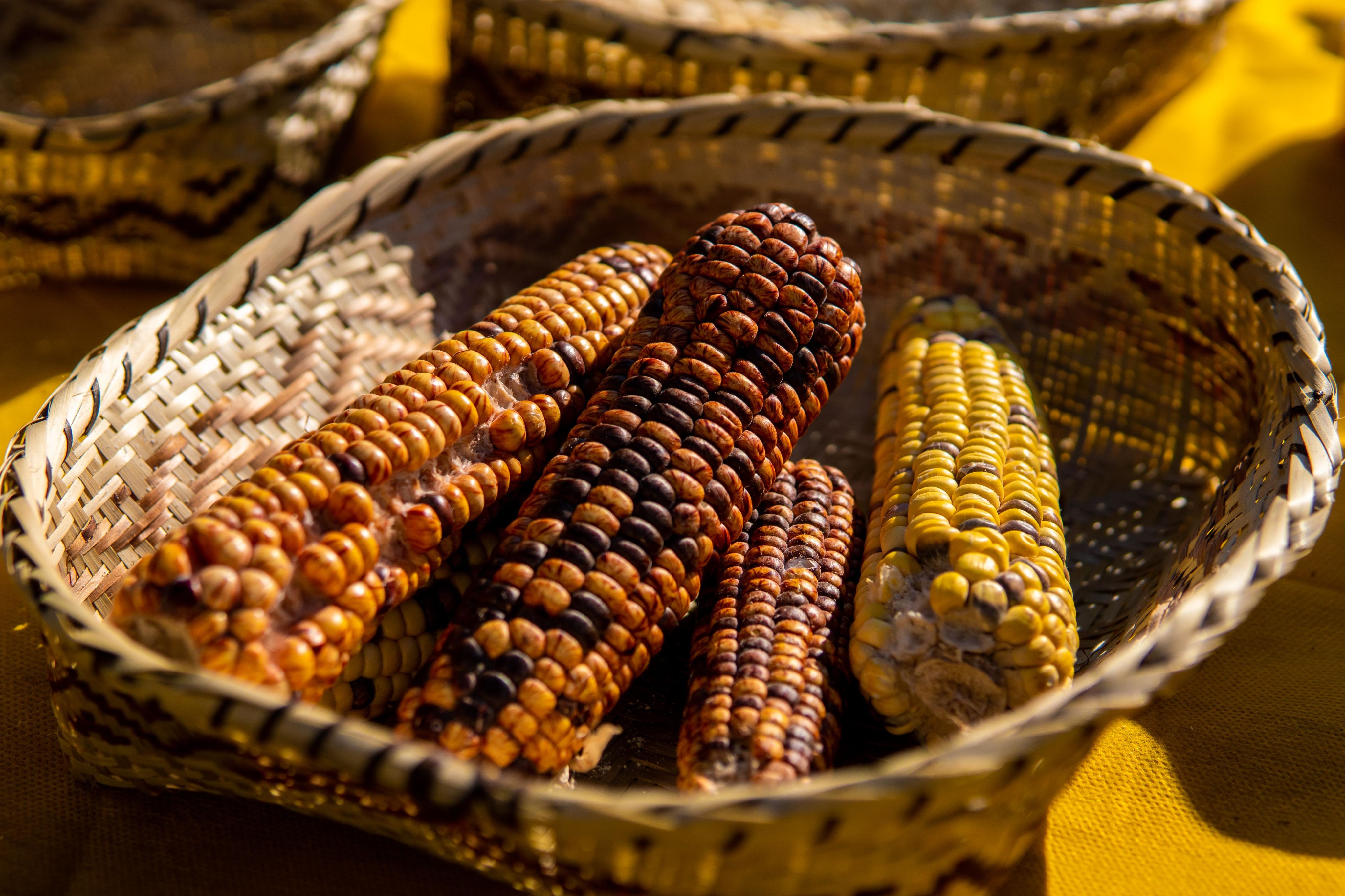
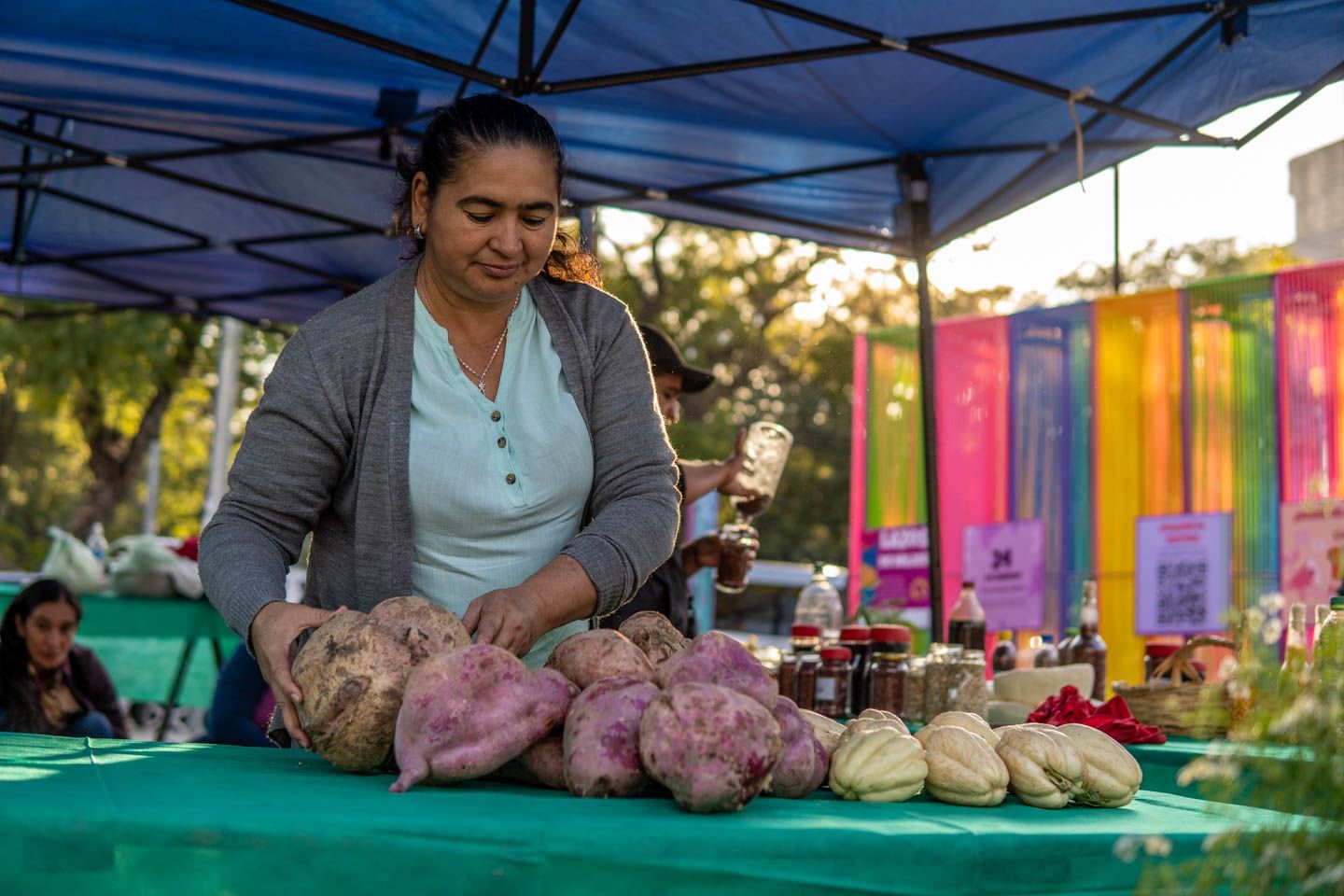
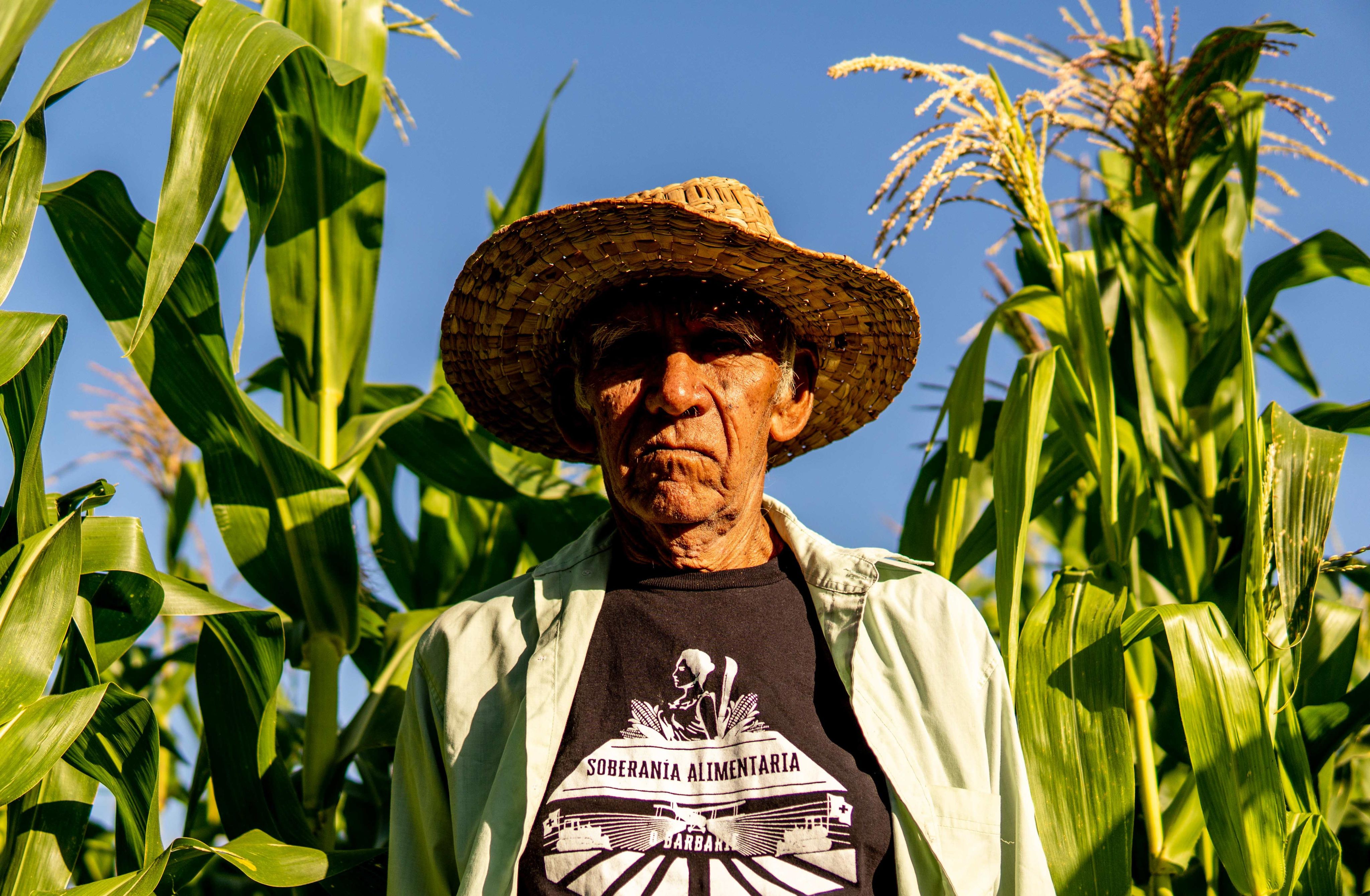
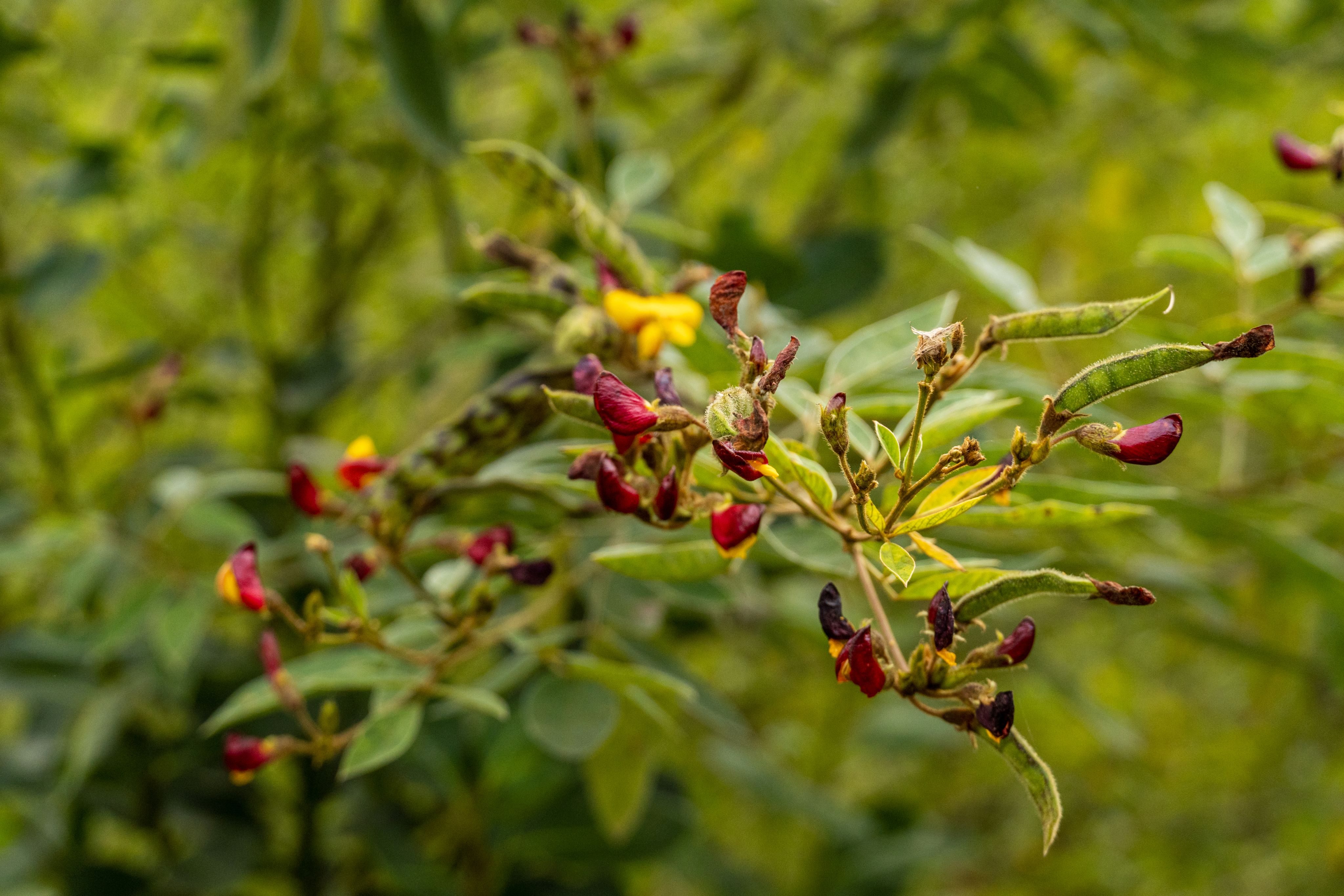
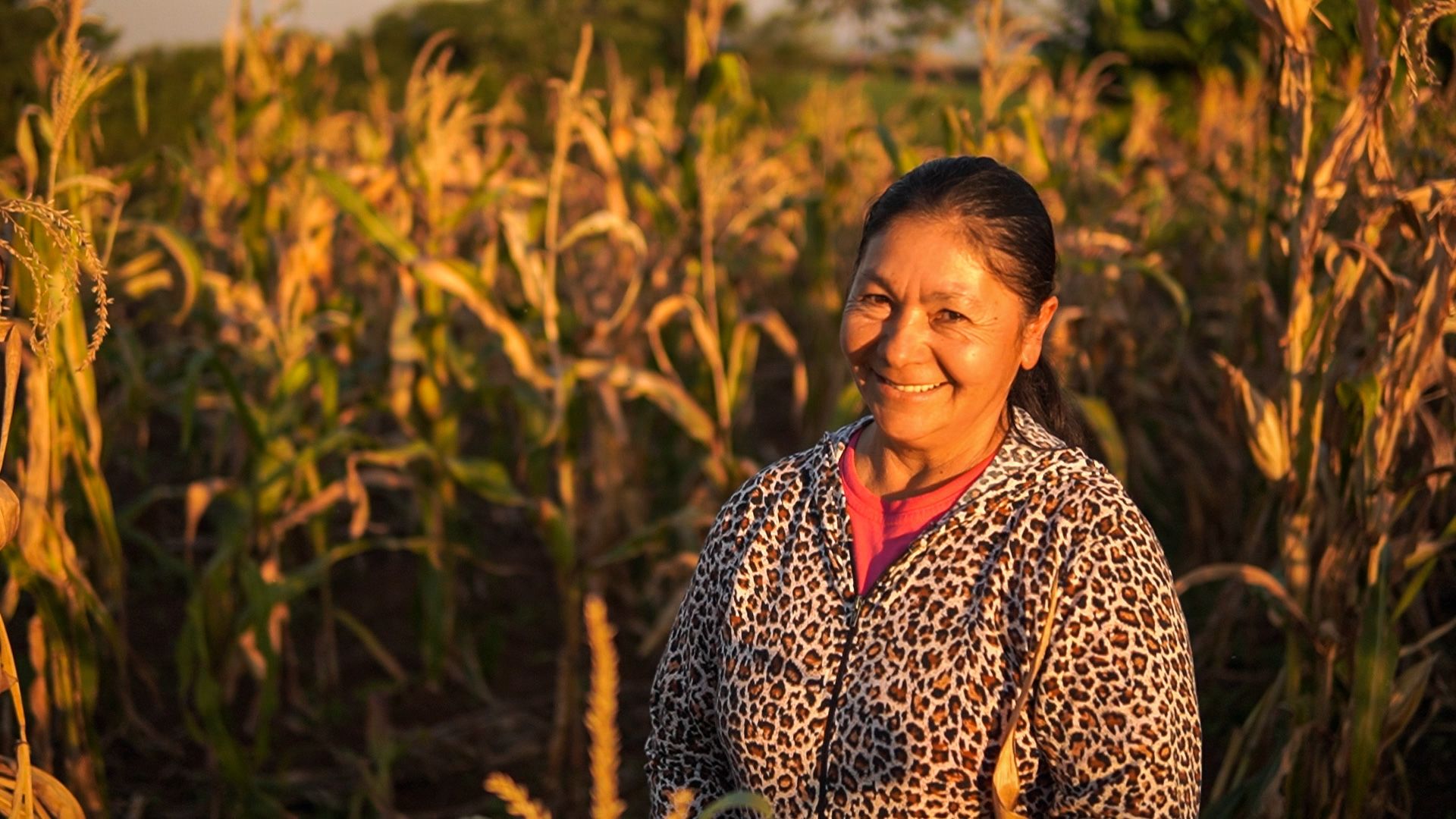
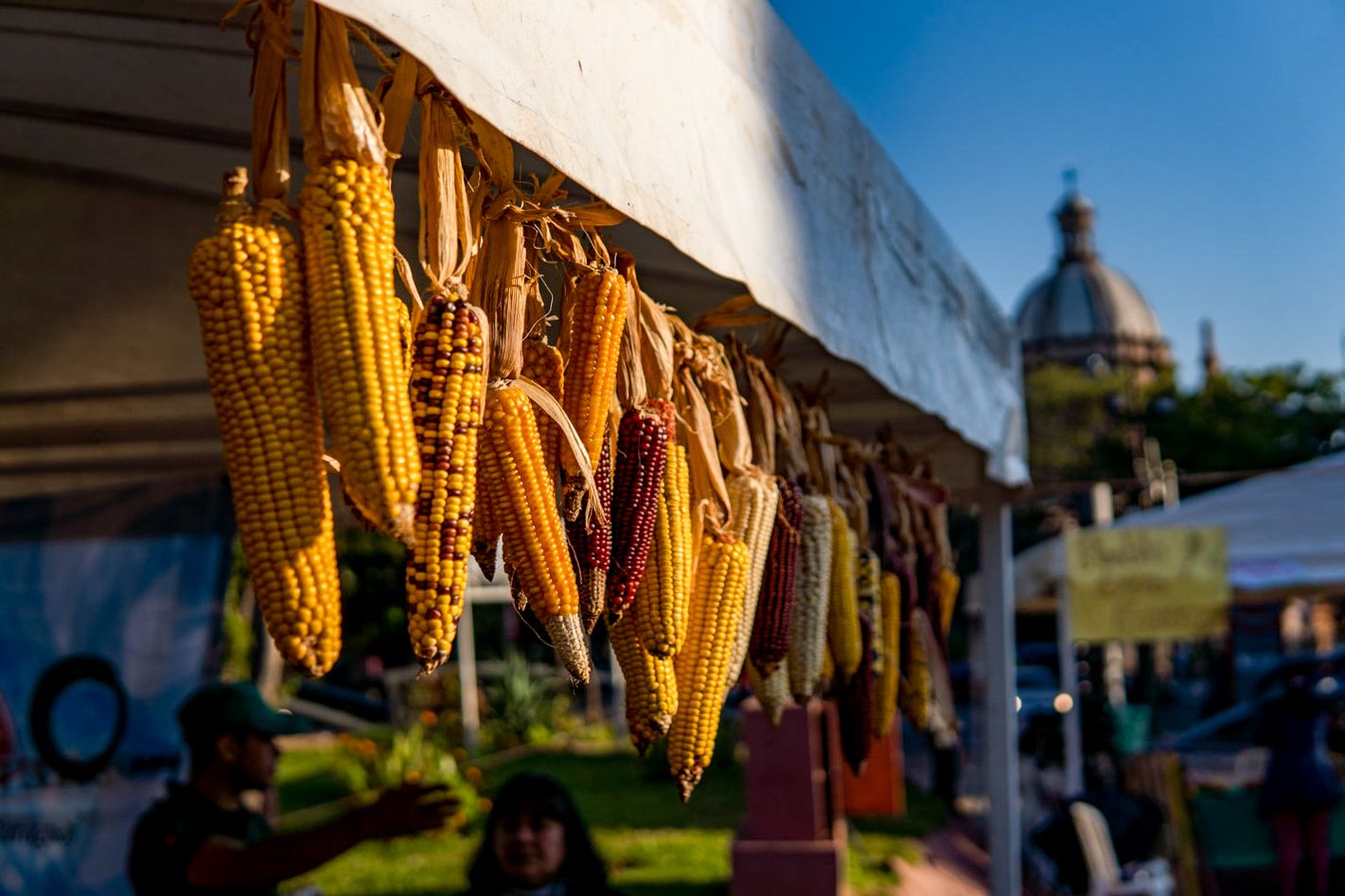
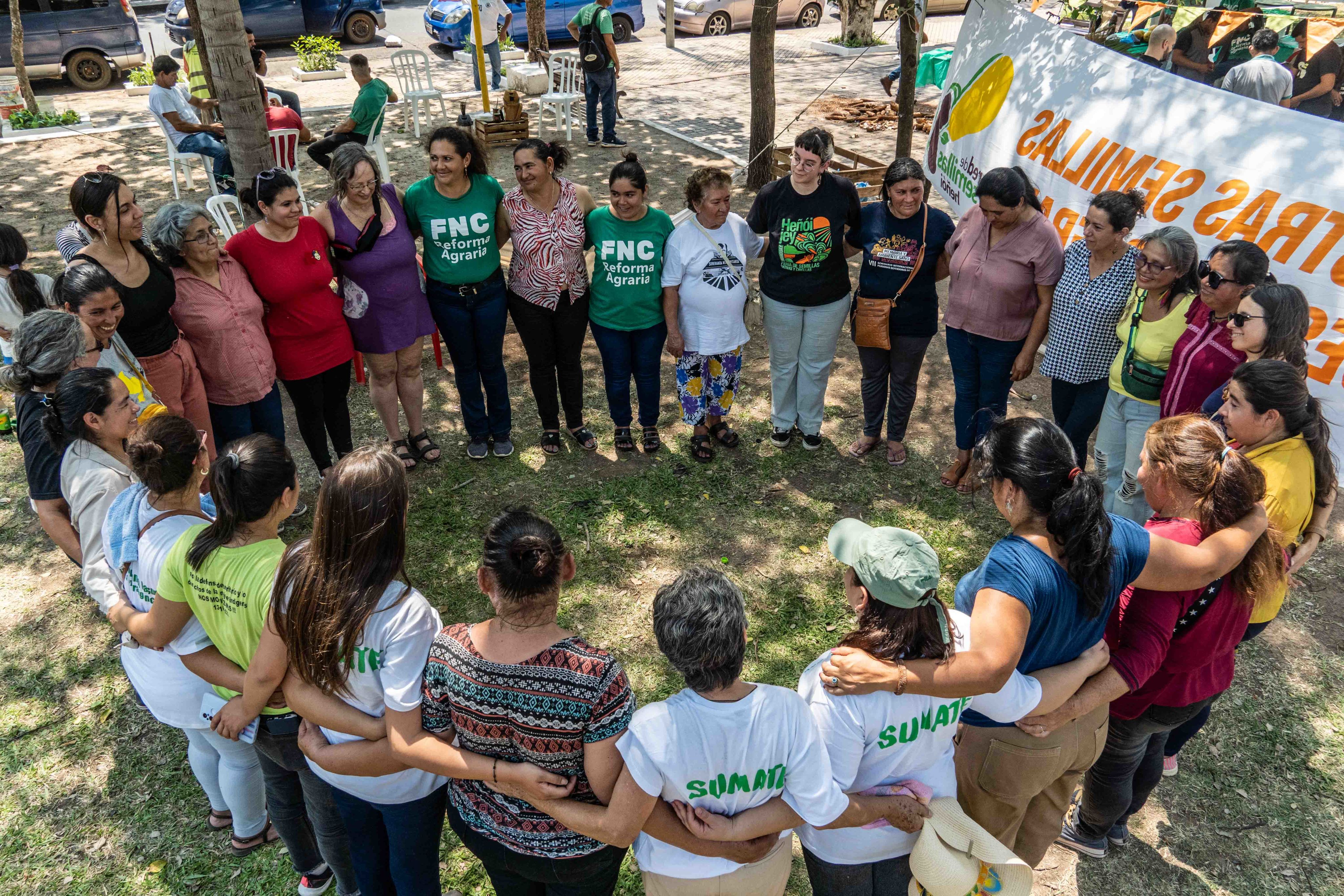
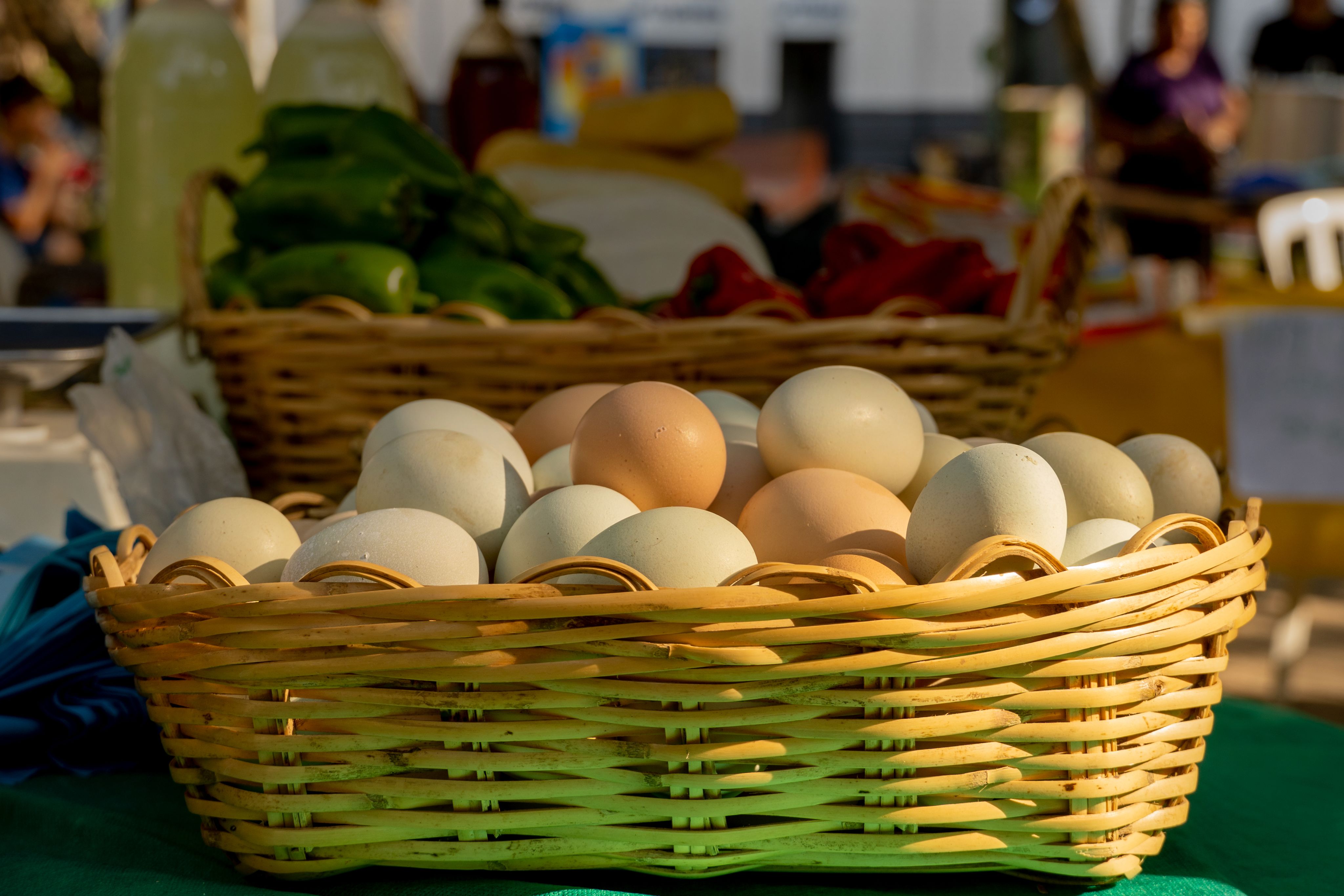
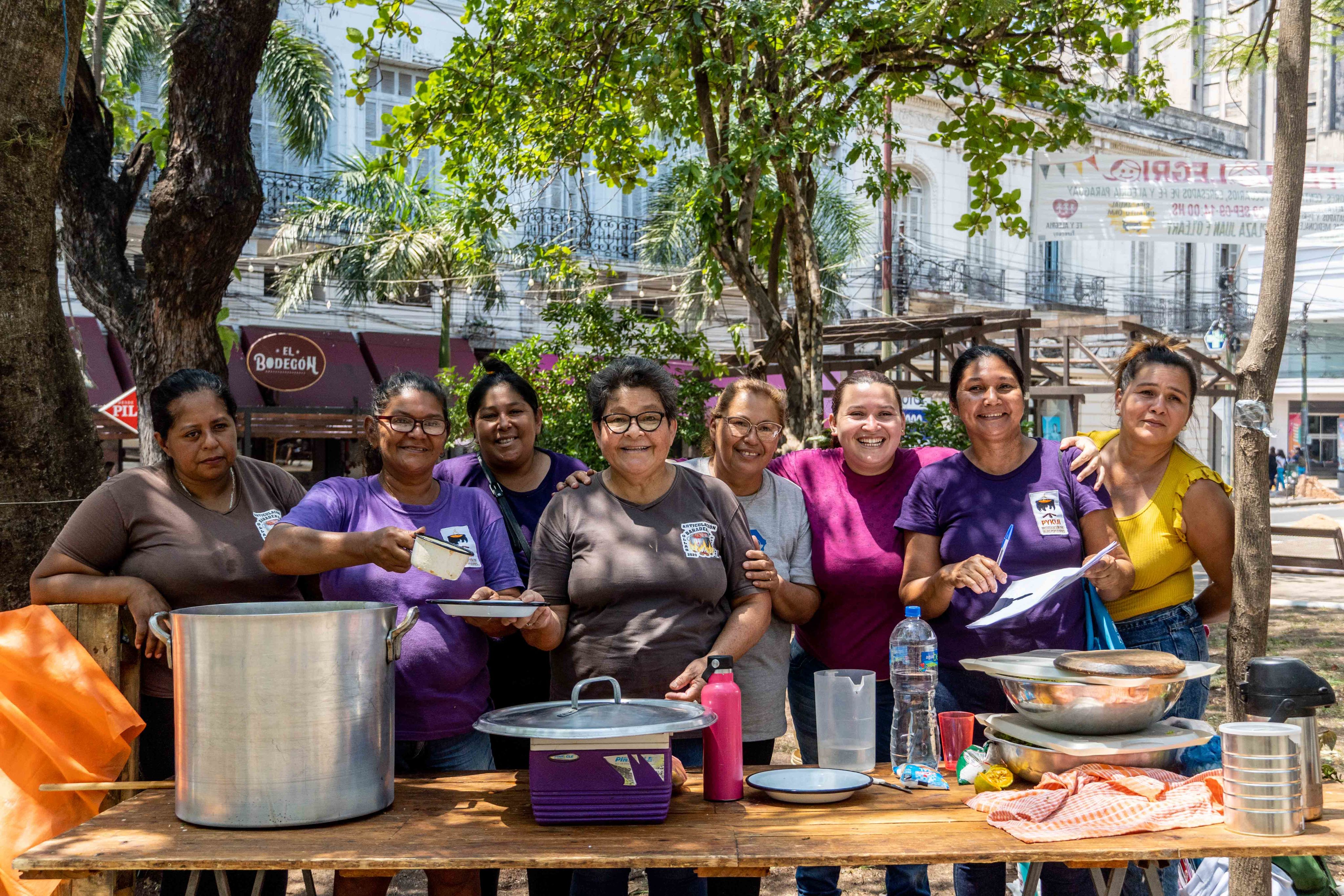
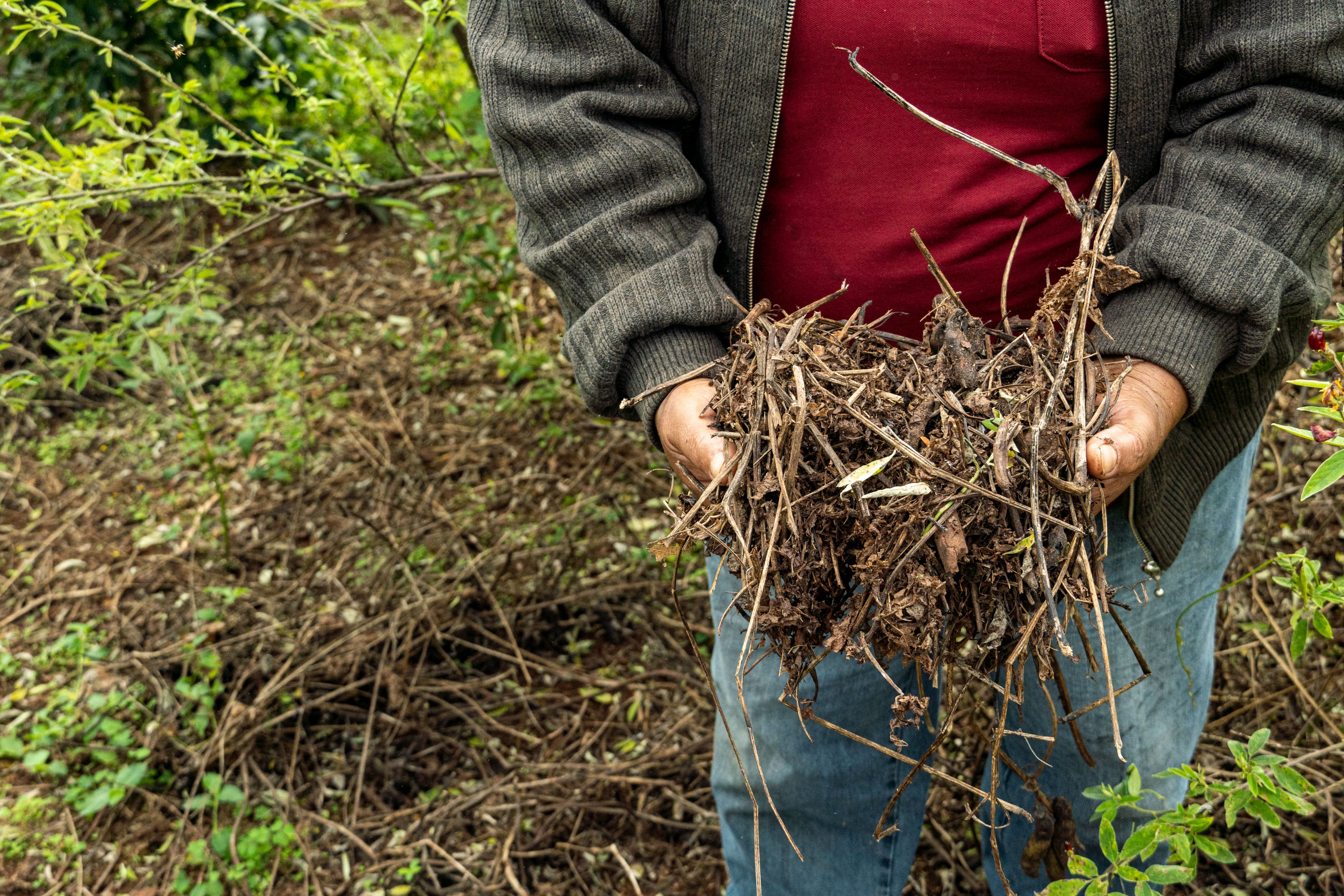
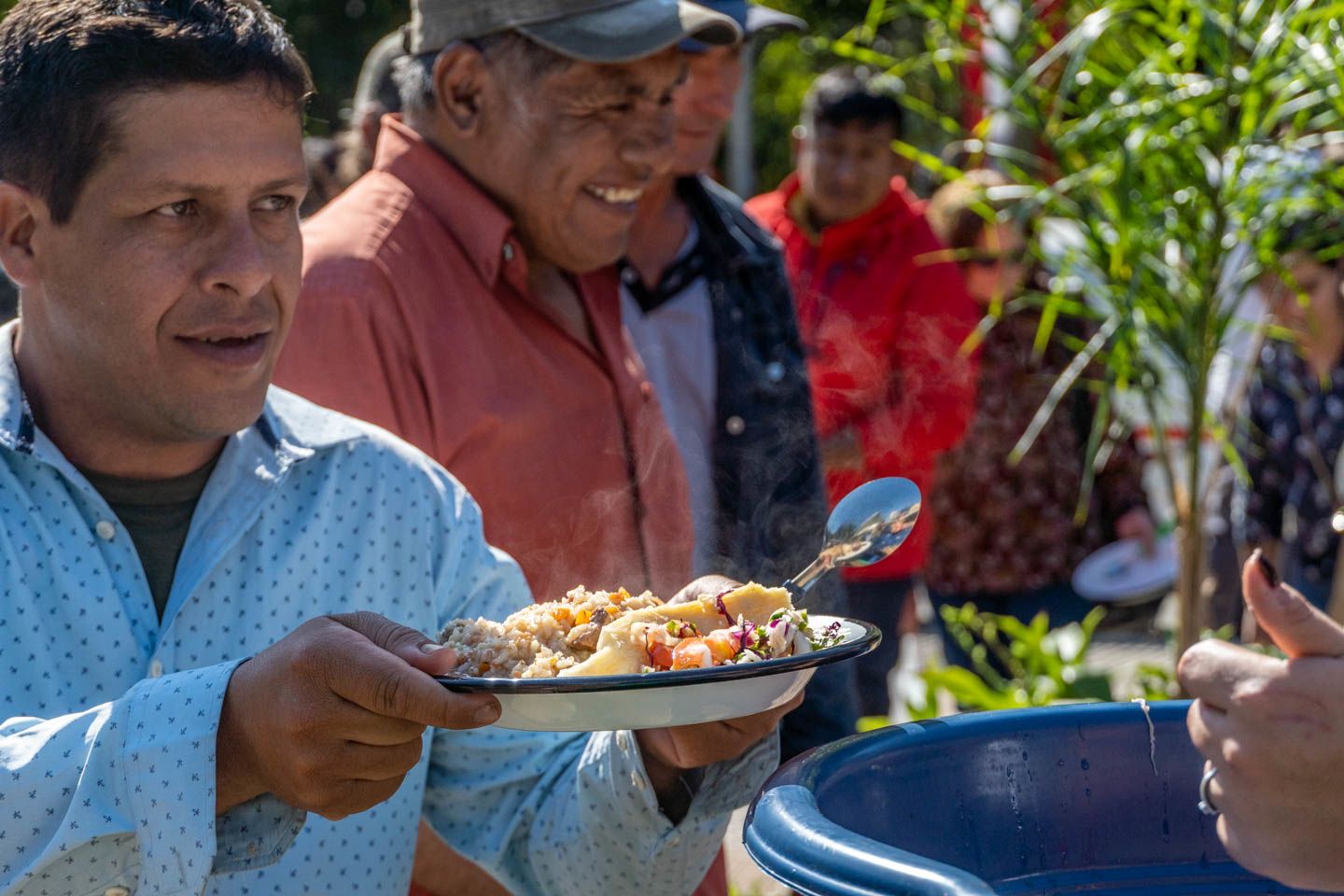
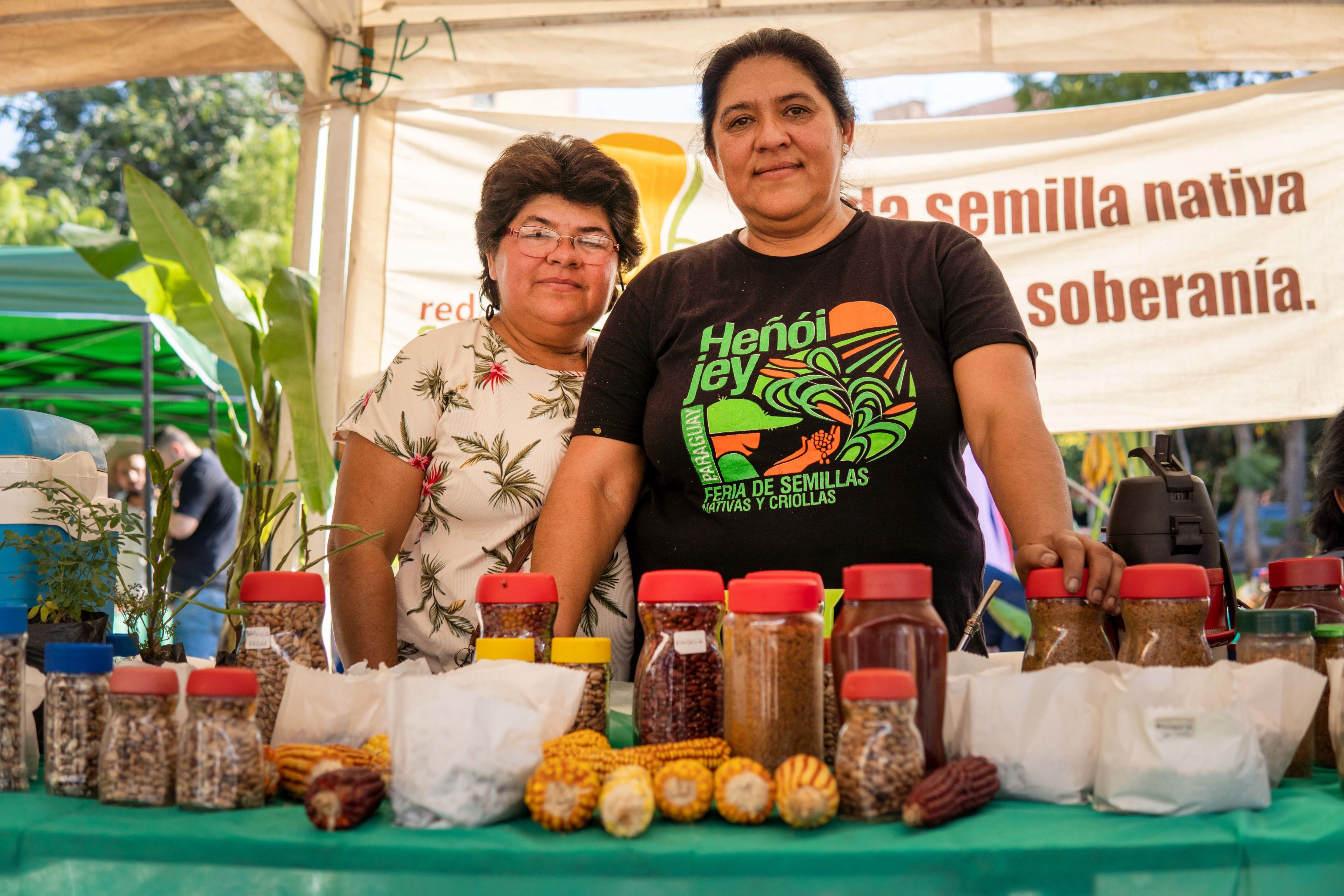
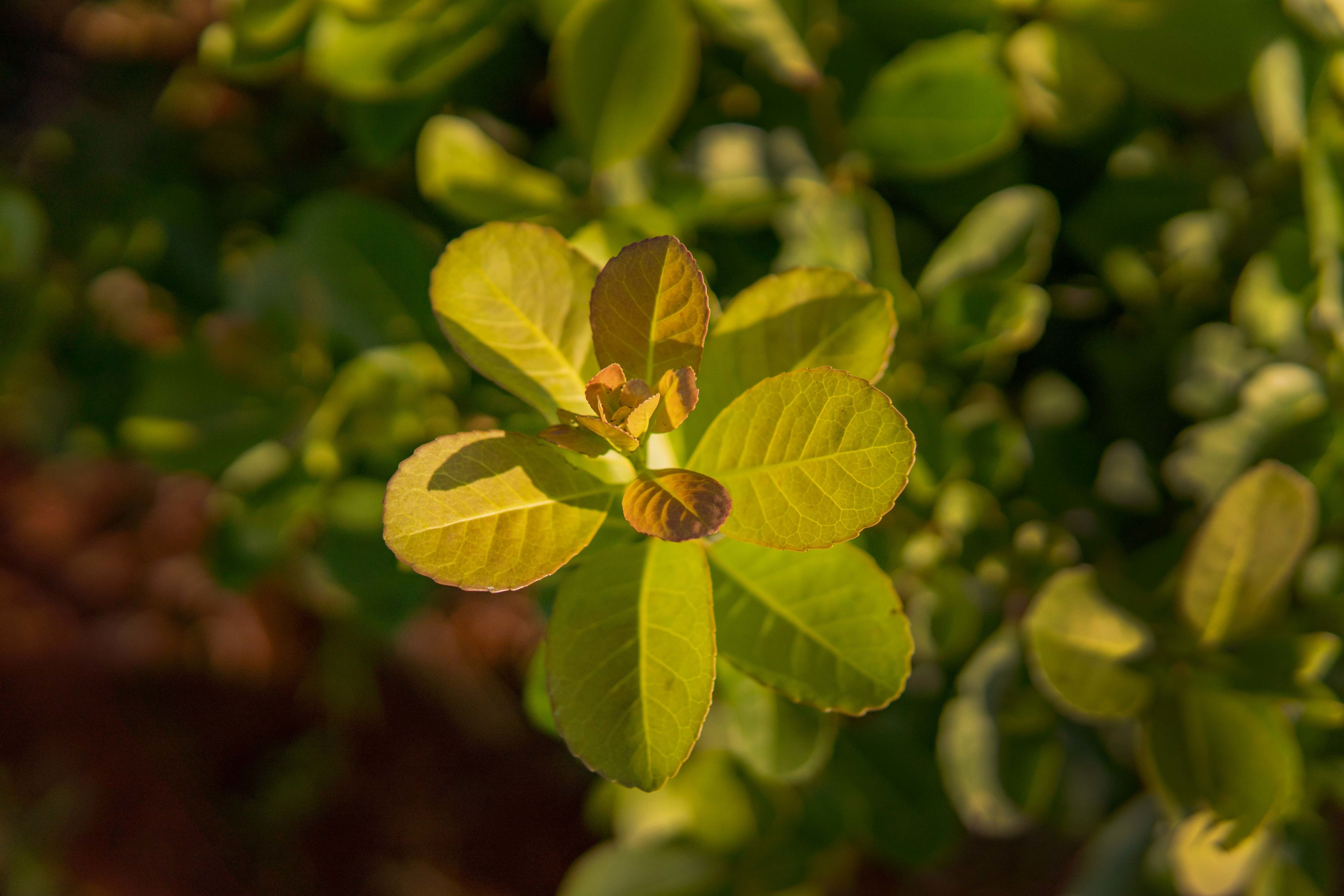
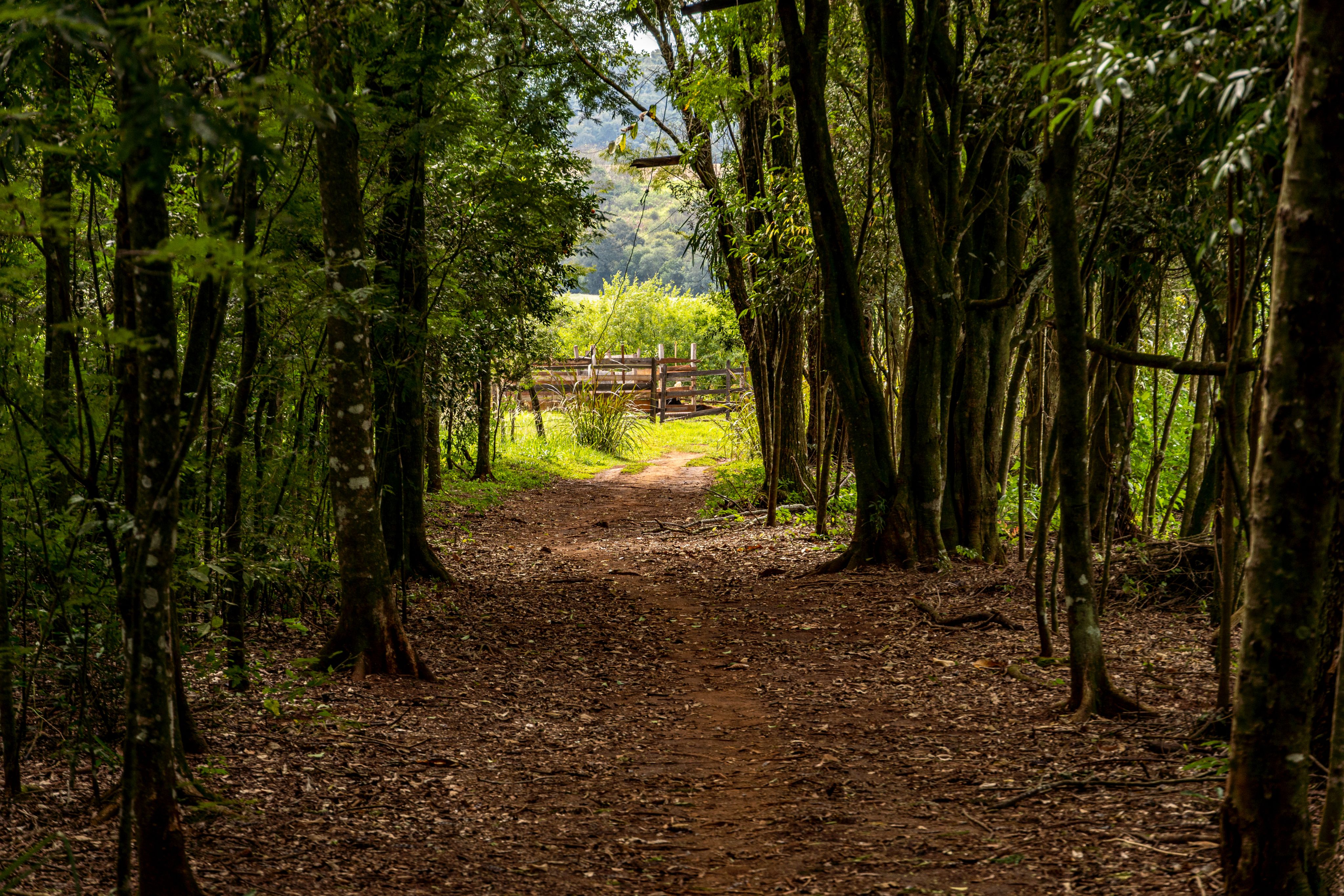
Indigenous craftwork: Women from the Qom People exhibiting crafts at the “Karu Soberano” Food and Production Fair for World Food Sovereignty Day. Like their crops, indigenous crafts, based on deep cultural traditions and the biodiversity of their territories, represent a struggle against the industrial production of capitalism.
Photo: Sandino Flecha/Heñói
Generations of knowledge: Native indigenous corn, from the Ava Guaraní people. Different indigenous cultures have developed, over millennia, their own varieties of corn adapted to the territory and climate. Corn, in addition to being a food, has extraordinary symbolic and religious value in Guaraní cultures. Photo: Elisa Marecos/Heñói
Table of abundance: Teodolina Villalba, General Secretary of the National Peasant Federation (FNC), organizes their agroecological production during the National Fair of Native and Creole Seeds Heñói Jey. The FNC is a powerful organization dedicated to the fight for land reform and peasant rights.
Photo: Sandino Flecha/Heñói
Amidst their bounty: Don Alfonso Maidana with his corn production. Due to his knowledge and tenacity for agroecological production, he is known as “Karai Guasu” (great lord, in Guaraní). He is one of the guardians of native seeds, particularly corn. Photo: Sandino Flecha/Heñói
Interconnectedness: Peasant and indigenous agriculture protects species neglected by industrial agriculture. They also have great nutritional and productive value, such as the Kumanda Yvyra'I, or Tree Bean (Cajanus Cajan), a shrubby leguminous plant recognized for its great capacity to regenerate soils, and is a source of food for humans and animals. Photo: Sandino Flecha/Heñói
Standing strong: Doña Ramona is one of the guardians of the seeds. On her diversified farm in San Pedro del Paraná, she specializes in seed production and reproduction of red onion.
Photo: Sandino Flecha/Heñói
Heirloom varieties: Paraguayan native corn varieties at the Heñoi Jey National Fair of Native and Creole Seeds. These corn, grown by peasants and Indigenous people, represent the resistance to the extractive advance of transgenic corn.
Photo: Sandino Flecha/Heñói
Hand-in-hand, towards shared goals: A women's workshop at the “Karú Soberano” Fair. In workshops like these, rural, Indigenous and urban women –leaders in the fight for a more just and sustainable world – share their knowledge and experiences. Photo: Sandino Flecha/Heñói
Nutritious, healthy: Free-range eggs from peasant production at the “Karu Soberano” Fair.
Photo: Elisa Marecos/Heñói
Joy through food: Association of Popular Soup Kitchens “Pykui” serving lunch at the “Karu Soberano” Fair. Urban organizations like Pykui fight for access to healthy, sustainable, and sovereign food in the city and for the complete right to adequate food and nutrition. They are key allies of the Heñói Seed Network. Photo: Elisa Marecos/Heñói
Dark gold: While industrial agriculture destroys the soil, the use of green fertilizers recommended by agroecology maintains healthy soils rich in organic matter, as can be seen on the farm of Edmundo Rodríguez, from the Oñoirũ Agroecological Association. Photo: Sandino Flecha/Heñói
From farm to table: The joy of sharing a Karú Guasú (big feast) during the Heñói Jey National Fair of Native and Creole Seeds. This meal was prepared with our own hands using natural ingredients produced by members of the Seed Network.
Photo Elisa Marecos/Heñói
Abundant, diverse: At this table of peasant women from the organization Cultiva Paraguay, we see the diversity of peasant agriculture, a diversity that protects against the threats of the climate crisis and the extractivist model. Photo Elisa Marecos/Heñói
Strength in traditions: Yerba mate (Ilex paraguariensis) is a crop deeply linked to Paraguayan culture and traditions. The Oñoirũ (Comrades, in Guaraní) Agroecological Association is a leader in the agroecological production of yerba, cultivated under canopy by peasant members of the association on biodiverse farms. Photo Elisa Marecos/Heñói
Towards a sovereign life: The entrance to the agroecological farm of Edmundo Rodríguez, yerba mate producer of the Oñoirũ Association, shows the vegetal wealth of the peasant farm.
Photo: Sandino Flecha/Heñói
